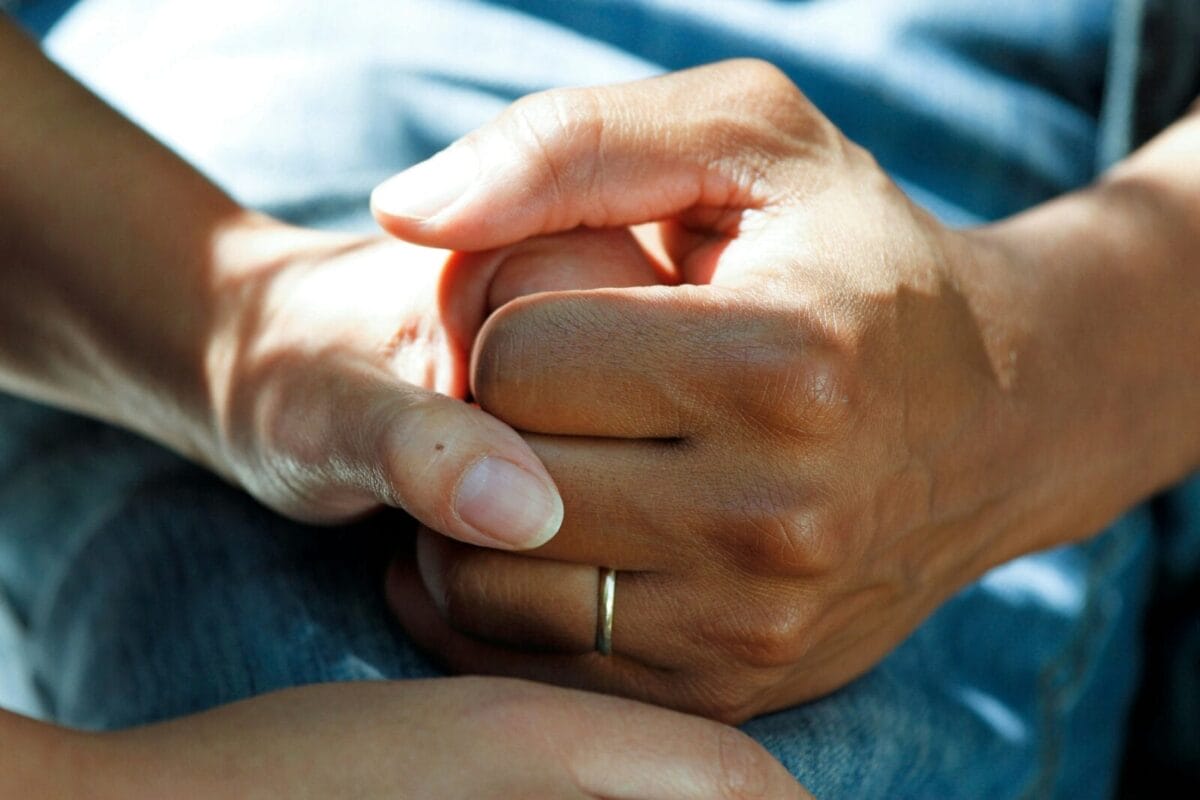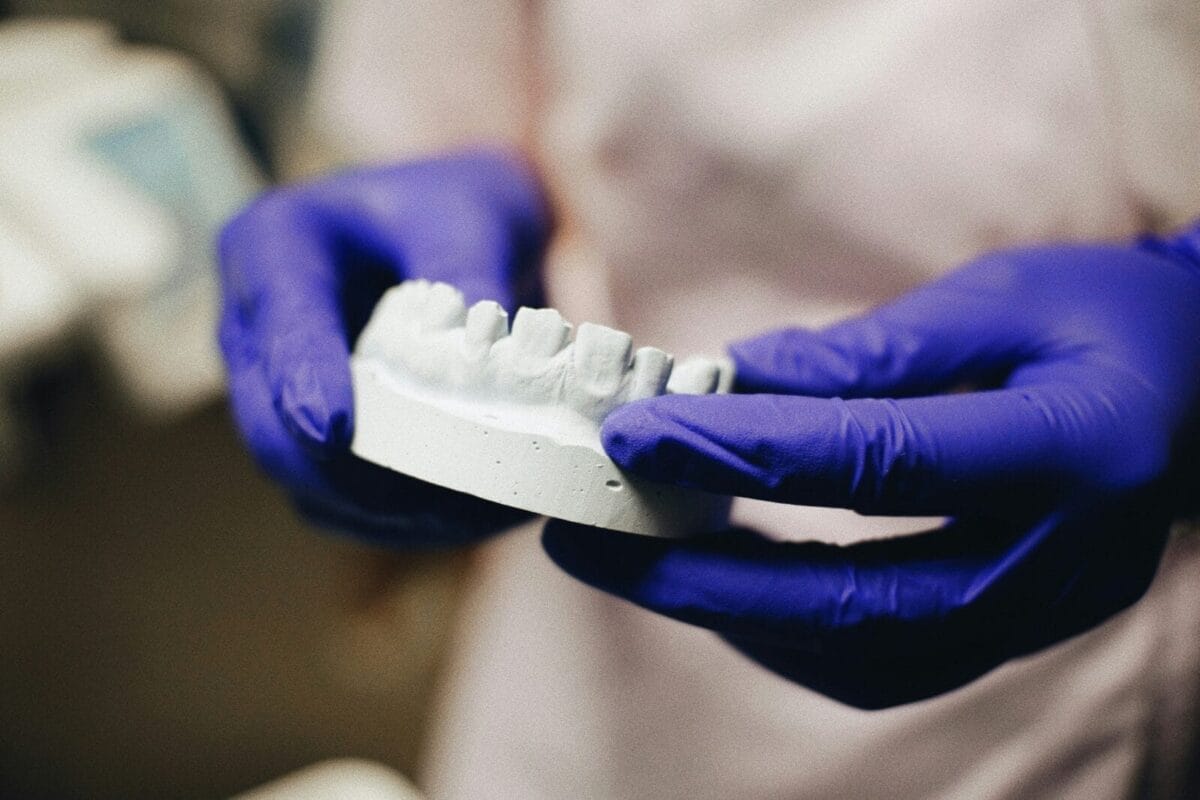Research by the insurer Zurich UK found that one in three (30%) cancer patients have had to draw on their savings to get by because of the impact their diagnosis had on their finances.
Nearly one in two people will be diagnosed with some form of cancer during their lifetime, according to Cancer Research UK, making it more important than ever for people to consider how they would afford the cost of living should they be diagnosed with cancer.
Whilst the impact of a cancer diagnosis on your health is well known, the hidden costs can be underestimated. The research found on average, people living with cancer spend £756 a month or £9,072 a year on additional costs since their diagnosis or during their treatment. Nearly three in ten (29%) had had to spend over £1000 extra a month, with 7% estimating they’d had to fork out over £2000 a month.
Zurich’s previous report ‘The Hidden Cost of Cancer’ found some of these additional expenditures included petrol to travel to appointments, energy bills to keep the home warm, hospital parking, childcare and prescription costs.
Affording the cost of living after a diagnosis
More than a quarter (28%) of cancer patients said that money worries were one of the hardest parts of having cancer, ahead of telling their children (27%) or the impact it had on their personal relationships (25%). Nearly one in four (23%) said they are struggling financially following their diagnosis and cannot pay all of their bills.
As a result of these pressures, many are having to balance bringing in a steady stream of income and prioritising their health. A fifth (20%) of respondents said that financial concerns had forced them back to work earlier that they would have liked, and a further 15% said their partner had been forced to quit their job in order to care for them, which in turn had impacted the household income. This in turn is removing workers and impacting the labour market.
Protection’s role in a cancer journey
The role of protection can’t be overstated enough when it comes to receiving a cancer diagnosis. While one in three (31%) cancer patients surveyed said they had a savings safety net which covered their time off work, more than a quarter (26%) had no financial provisions in place whatsoever. One in four (24%) said that when it came to their finances following a diagnosis, their life had been made much easier by a payout from a critical illness or income protection policy.
The most common financial provision people had in place prior to a cancer diagnosis was private health insurance (33%). Only a quarter had protection such as critical illness cover (25%), that would pay a lump sum following a diagnosis to help absorb the financial impact of serious illnesses, or income protection (25%), which would provide financial support in the event someone can’t work due to illness or injury.
Commenting on the research, Louise Colley, director of Retail Protection at Zurich UK said: “For many, the financial impact of a cancer diagnosis can be unexpected and span way beyond the illness itself. Our data shows that the stress of managing unexpected costs adds a heavy burden for individuals, families and their loved ones with many struggling to make ends meet. With so many people’s lives touched by cancer, protection can play a vital role in ensuring life is made a little easier following a diagnosis. There are also some charities that support cancer patients with managing extra costs like parking or prescriptions. If anyone needs practical or emotional support, charities like Maggie’s can offer support through their network of centres across the UK.”
Chief Executive of Maggie’s, Dame Laura Lee DBE said:“These hidden costs have always been there, but they are compounded by the drop in income that usually comes with a diagnosis and the increase to the cost of living we have seen over the last few years. Coping with the cost of cancer is far harder today and it’s unthinkable that someone worrying about cancer is also worrying about putting the heating on, getting to their hospital appointment or buying food.
“Maggie’s provides free expert for people with cancer, and their family and friends, to help them navigate these challenges, and people can visit our centres with no appointment or referral needed.”















